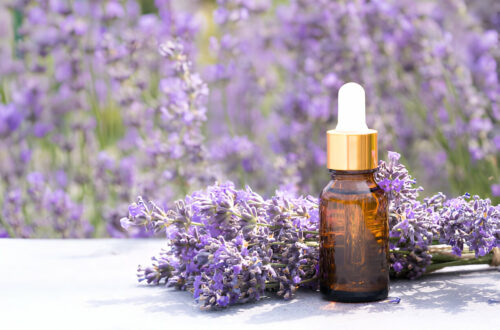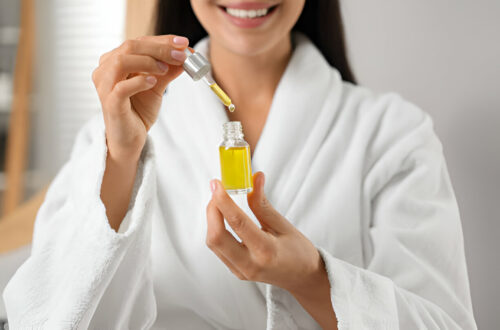Facial Oil: A Luxurious Addition to Your Skincare Routine
Facial oil can be as indulgent as a rich night cream, turning your skincare routine into a relaxing, spa-like experience. You can use it on its own or mix a few drops into your favorite moisturizer. Among the many facial oils available, rosehip oil is particularly popular as the best oil for skin.

Rosehip oil is rich in vitamin A and essential fatty acids. It can help with signs of aging, acne scars, dullness, and inflammation. It may also assist in healing acne. To understand all the benefits of rosehip oil and how to use it, we consulted dermatologist Michele Green, M.D., and skincare expert Sofie Pavitt.
What Is Rosehip Oil?
Rosehip oil, also called rosehip seed oil, comes from the rosa canina rose bush, mostly grown in Chile. It is different from rose oil, which is made from rose petals; rosehip oil is pressed from the fruit and seeds of the rose plant.
Used for centuries for its healing benefits, rosehip oil is rich in vitamins and essential fatty acids. It also contains phenols with antiviral, antibacterial, and antifungal properties.
Rosehip oil is often used as a carrier oil for essential oils that might be too strong for direct application on the skin.
Keep reading to discover how rosehip oil can benefit your skin and how to incorporate it into your skincare routine.
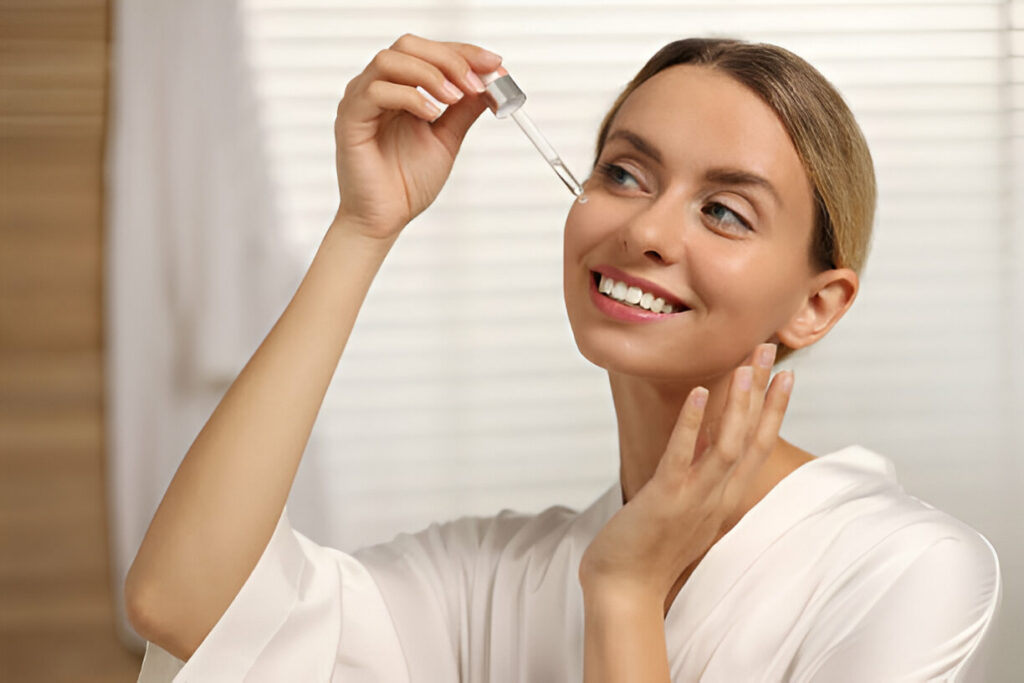
1. It Hydrates
Hydration is key for soft, smooth skin. Skin can become dry during extreme weather or with age.
Rosehip oil is rich in essential fatty acids, like linoleic and linolenic acid. These fatty acids help keep cell walls strong and prevent water loss.
Because of its many fatty acids, rosehip oil is great for hydrating dry, itchy skin. It absorbs quickly, letting its antioxidants penetrate deeply into the skin.
2. It Moisturizes
Moisturizing helps keep your skin’s natural hydration and any added oils, like jojoba oil for face, in place.
A 2015 study showed that rosehip powder has anti-aging benefits, including keeping skin moisturized. Participants who took rosehip powder saw noticeable improvements in their skin’s moisture levels. Learn more at National Library of Medicine.
You can also get these benefits by applying rosehip oil directly to your skin. Rosehip oil is a dry, non-greasy oil, making it an excellent natural moisturizer for all skin types.
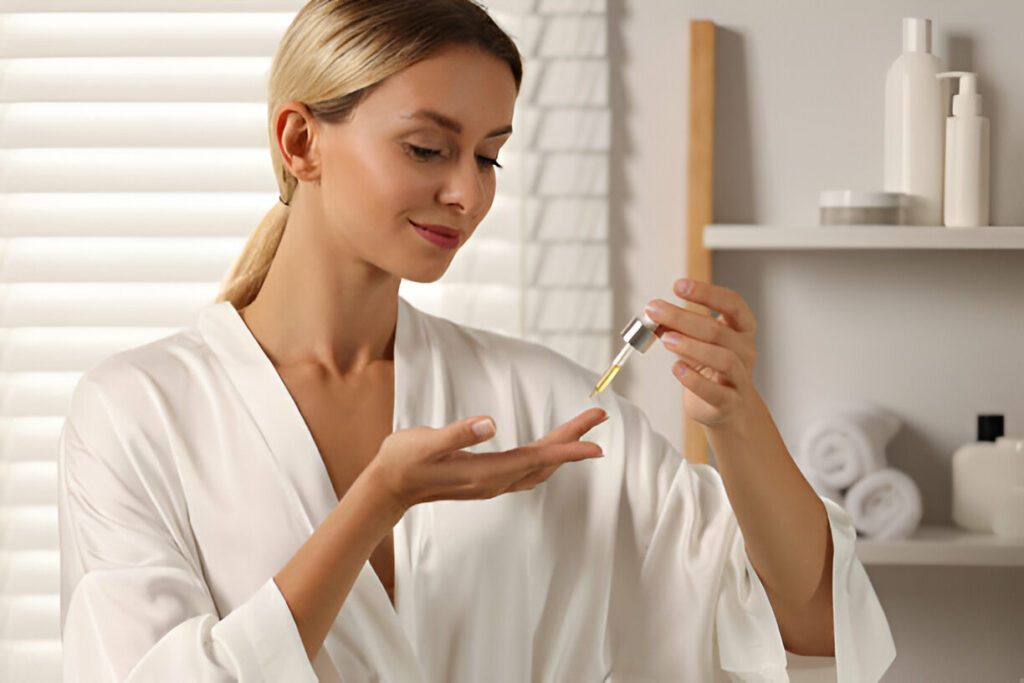
3. It Helps Exfoliate and Brighten Skin
Rosehip oil can naturally exfoliate your skin, reducing dullness and giving you a glowing look.
Its vitamin A, or retinol, promotes skin cell turnover, which helps brighten your skin.
4. It Helps Boost Collagen Formation
Collagen is crucial for skin elasticity and firmness, but your body produces less of it as you age.
Rosehip oil is high in vitamin A, which is needed for collagen production. It also helps prevent MMP-1, an enzyme that breaks down collagen.
Research supports these benefits. A 2015 study found that people who took rosehip powder saw a noticeable increase in skin elasticity.
5. It Helps Reduce Inflammation
Rosehip oil is high in polyphenols and anthocyanins, which can help reduce inflammation. It also has vitamin E, an antioxidant known for its anti-inflammatory properties. For a similar benefit, you might consider using coconut oil for skin care.
Rosehip oil may help soothe irritation from:
- Rosacea
- Psoriasis
- Eczema
- Dermatitis

6. It Helps Protect Against Sun Damage
Sun exposure can cause premature aging and affect collagen production.
Rosehip oil has antioxidants like vitamins A and E, which can help reduce visible sun damage and prevent photoaging. While rosehip oil and argan oil for face can help lessen the effects of UV exposure, they shouldn’t replace sunscreen.
Consult with your doctor or dermatologist on how to use both safely in your skincare routine.
7. It Helps Reduce Hyperpigmentation
Hyperpigmentation causes dark spots or patches on the skin due to excess melanin. It can be triggered by:
- Sun exposure
- Hormonal changes, such as during pregnancy or menopause
- Certain medications, including birth control pills and chemotherapy drugs
Rosehip oil is high in vitamin A, which includes retinoids known for reducing hyperpigmentation and visible signs of aging with regular use.
It also contains lycopene and beta-carotene, which are believed to lighten the skin and are common in skin-lightening products.
Animal studies suggest that rosehip extract may reduce melanin, but more research is needed to confirm these effects in humans.
8. It Helps Reduce Scars and Fine Lines
Rosehip oil is packed with essential fatty acids and antioxidants, which support skin cell and tissue regeneration. This makes it effective for healing wounds and reducing scars and fine lines.
A 2015 study found that taking rosehip powder orally led to a noticeable reduction in fine lines around the eyes, or crow’s feet, after 8 weeks.
Another 2015 study showed that applying rosehip oil to post-surgical scars twice a day significantly improved scar color and inflammation after 12 weeks, compared to no treatment.
9. It Helps Boost Immunity
Rosehip oil is rich in antioxidants and polyunsaturated fatty acids, like linoleic acid, which protect skin cells. Healthy skin cells help keep bacteria out and prevent infections.
Studies in animals and humans have shown that rosehip powder can strengthen skin cells, making them last longer. It also reduces MMP-1, an enzyme that breaks down collagen and other cell structures.
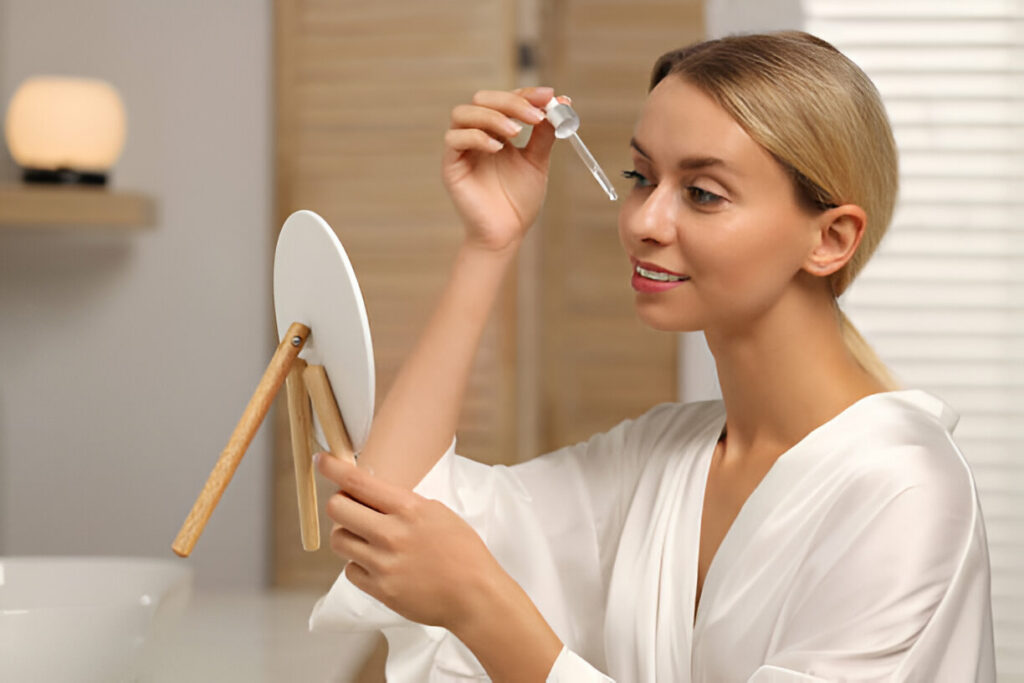
Side Effects
Rosehip oil has many skincare benefits and is generally safe for all skin types. However, since it’s an essential oil, it might irritate some people. If you’re looking for alternatives, you might consider olive oil for skin care or castor oil for skin care.
Dr. Green recommends testing the oil by applying a small amount to your inner arm first. If you don’t have a reaction after 24 hours, you can use it on your face.
Pavitt notes that if you have acne-prone skin, rosehip oil might worsen breakouts, even though it is also said to help with acne. She also advises not to use rosehip oil with other products containing vitamin A, like retinol.
If you notice any of these signs, stop using the oil and see a doctor if symptoms get worse:
- Skin irritation, such as itching or redness
- Rash
- Hives
- Blisters
- Burning
In rare cases, a severe allergic reaction might cause difficulty breathing or a rapid heart rate.
Can You Use Rosehip Oil Every Day?
you can likely use rosehip oil daily, but it depends on how your skin reacts and what other products you’re using. If you have sensitive skin, test a small amount of oil on your inner forearm for a few days first to check for any reactions. If you’re unsure, it’s always best to consult your dermatologist.



